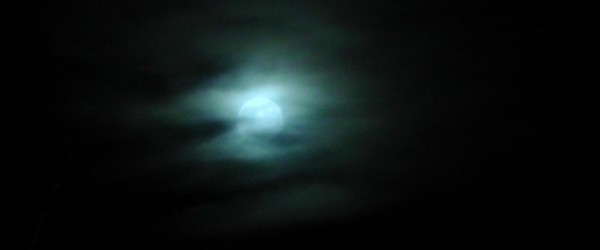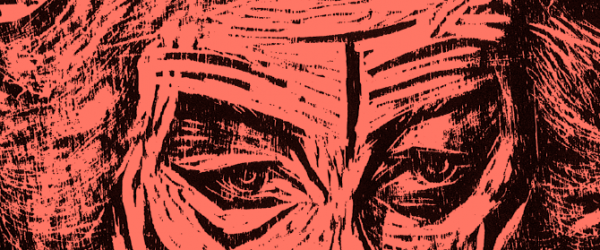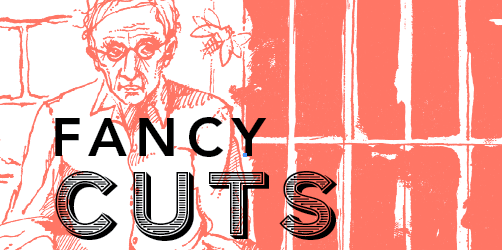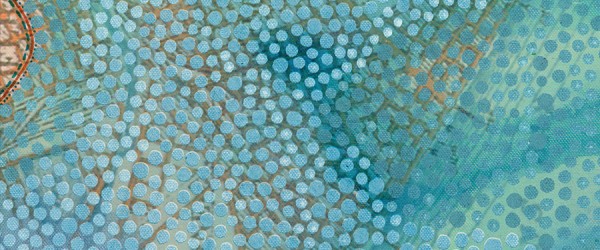
216 Spring 2014
Buy this issue
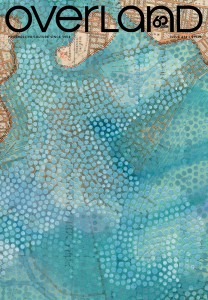
Words against power, queer writing in Africa, perspectives on lit mags, overcoming writer's block and much more.
Issue Contents
Regulars
Stephen Wright
Giovanni Tiso
Alison Croggon
Mel Campbell
Features
Andrew Nette
John Marnell
Jim Davidson
Shannon Woodcock
Dougal McNeill
Hugo Race
Rjurik Davidson
Zora Sanders, Roane Carey, James Ley, Jeffrey St Clair and Bhaskar Sunkara
Laurie Penny
Fiction
Jacinda Woodhead
Christos Tsiolkas
Sarah Klenbort
Brian Gorman
Jennifer Mills
Poetry
Jill Jones
Keri Glastonbury
Ann Vickery
Kate Fagan
Pam Brown
Pam Brown
Fiona Hile
Art
Keith McDougall, Sam Wallman, Abdul Adbullah, Joanna Anderson, Safdar Ahmed and Kate Parrish
Editorial
Jeff Sparrow
Browse the issue:
Features
Fiction
Poetry
Art
Editorial

